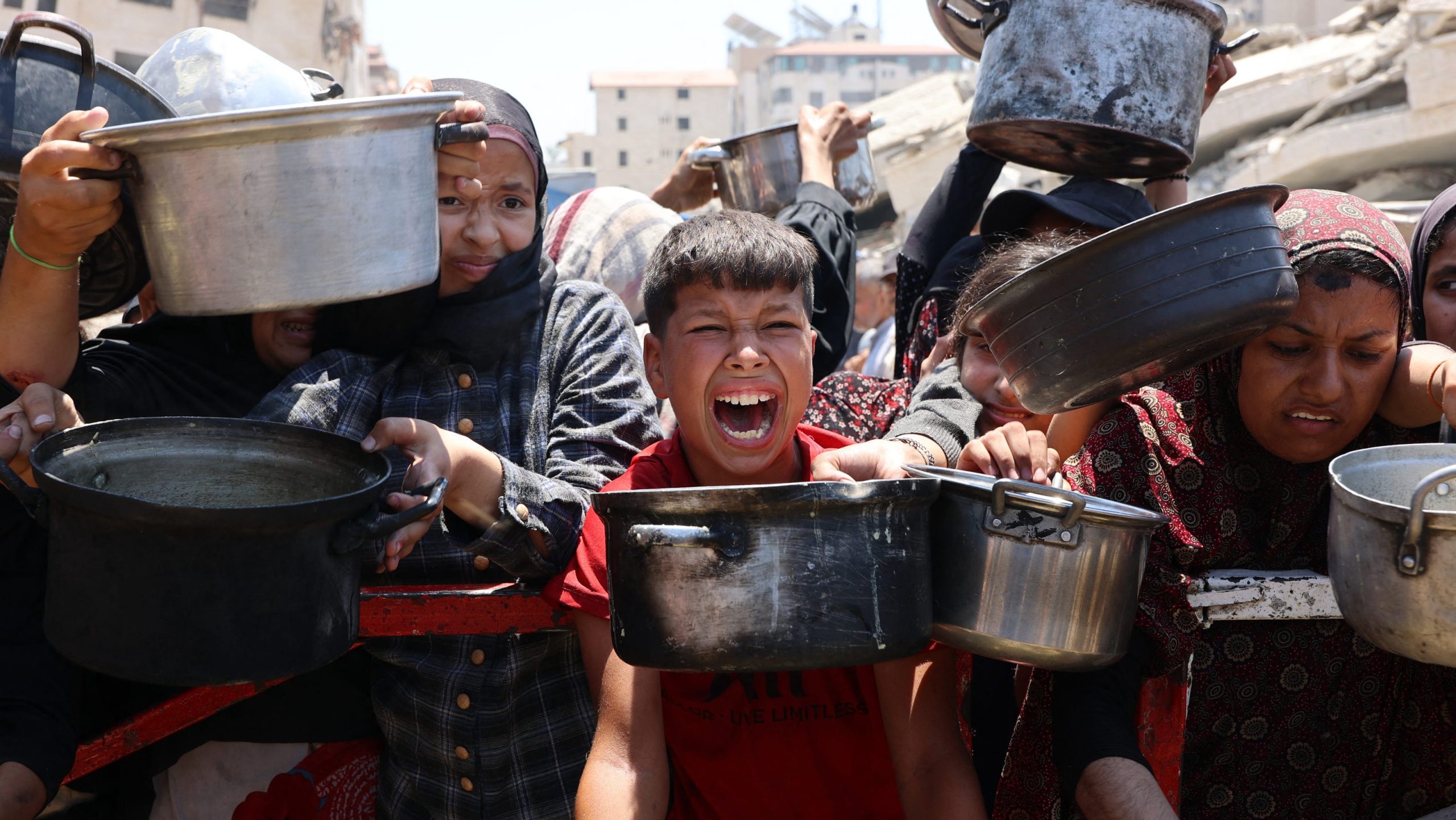The escalating humanitarian catastrophe in Gaza has ignited a global debate, compelling diverse voices, from entertainers to political figures, to weigh in on the critical question of America’s role in alleviating the dire conditions and widespread starvation gripping the region.
Public figures like Jerry Seinfeld and Ms. Rachel have emerged as prominent commentators, reflecting a broader societal schism regarding the conflict. While Seinfeld has unequivocally expressed solidarity with Israel, the children’s entertainer Ms. Rachel has emphasized the importance of speaking out against the humanitarian crisis in Gaza.
The international community, including traditionally staunch allies like the United Kingdom, is increasingly scrutinizing Israel’s actions, with some nations threatening to withdraw support if conditions for noncombatants do not improve. This shift highlights growing global pressure for a more robust humanitarian response.
Conversely, outspoken allies of Israel, including former President Donald Trump, underscore the need to remember the horrific surprise attack that initiated the conflict, which resulted in significant Israeli casualties and the taking of numerous hostages. This perspective often emphasizes Israel’s right to self-defense.
The United States has exerted pressure on Israel to facilitate the delivery of crucial aid into Gaza, following extensive appeals from the United Nations and other international humanitarian organizations. Despite renewed deliveries, UN officials describe the current aid volume as merely a “drop in the ocean,” insufficient to meet the overwhelming demand of the civilian population.
Diplomatic endeavors continue to navigate the complex geopolitical landscape, with special envoys engaging in discussions aimed at addressing the humanitarian crisis and potentially brokering ceasefires. However, these efforts frequently face significant obstacles, including deep-seated disagreements among the involved parties.
In light of these multifaceted challenges, the critical discussion now turns to the American public: Does the United States bear a greater responsibility to intervene more decisively in ending the hunger crisis in Gaza? Readers are encouraged to share their perspectives on US policy and identify who they believe should contribute to this vital discourse.
We invite our audience to participate actively in this crucial public forum, either by submitting their thoughts via an online form or through direct email correspondence. Selected responses will be featured in an upcoming follow-up publication, ensuring a diverse range of voices shapes the ongoing conversation.






Leave a Reply